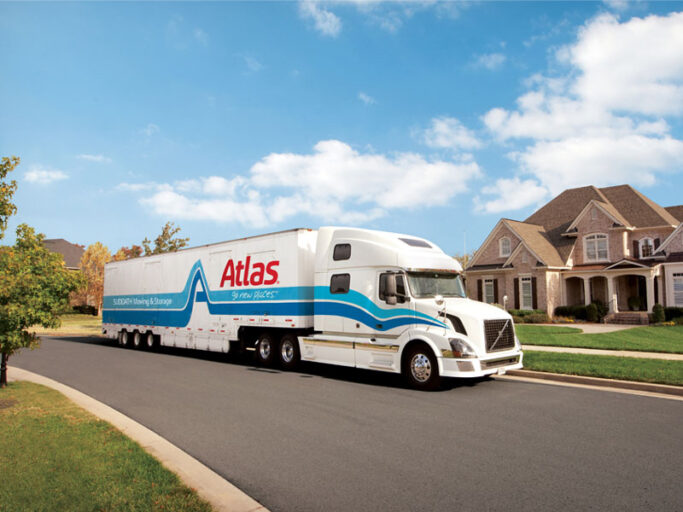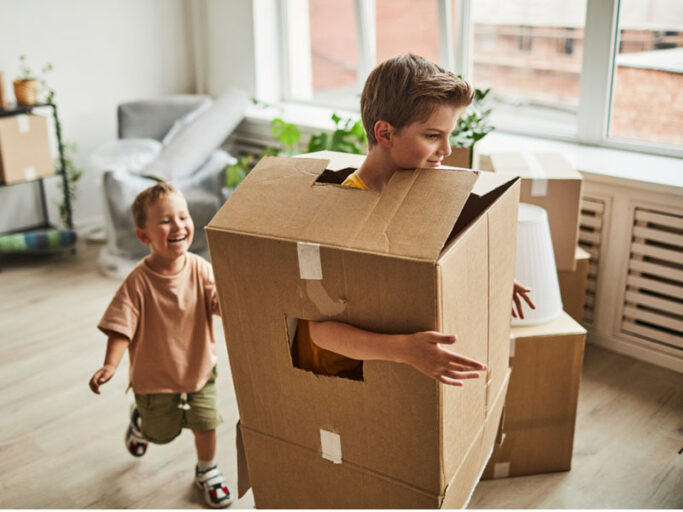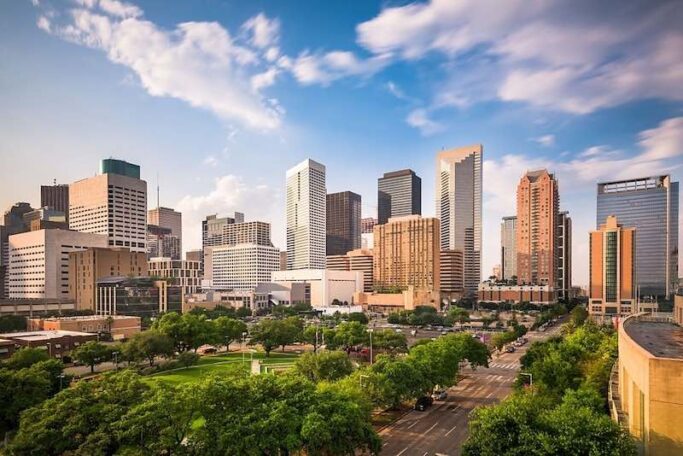Moving Tips & Resources
Can I Leave My Appliances Outside in the Cold?
You may be wondering, can freezing temperatures damage home appliances? The answer is yes!
Winter weather is not ideal for most types of appliances. Cold temperatures can cause appliances to freeze, crack or explode.
Daryl Flood recommends that you take precaution during the colder months (November – April) to protect your appliances from extensive damage.
We’ve compiled the most common questions about appliance safety and frigid temperatures, as well as, some practical steps you can take to protect your goods during winter. Contact us with any other questions!
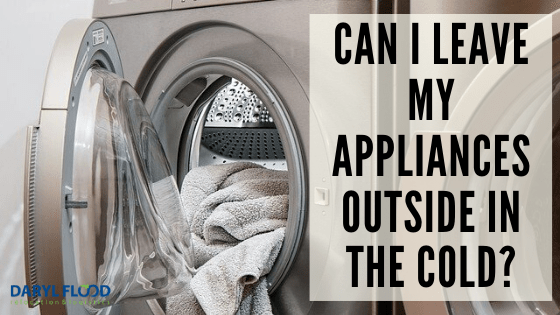
1. Can My Appliances Be Left Outside In The Cold?
No, appliances left outside in extreme cold temperatures (below freezing) can create serious problems such as cracking pipes, water pumps, valves and drain lines.
2. Can My Appliances Be Affected Inside, Too?
Yes, appliances left in basements, garages or next to cold outside walls (such as cement) can pose a potential risk.
3. Can I Store New Appliances in a Cold Garage or Basement Until They Are Ready to be Installed?
Yes, it is unlikely your new, unopened appliance will become damaged in your garage or basement if it’s not hooked up to a water source.
Before installing, let the appliance warm up to room temperature by sitting inside. If you are still concerned, take an extra step by wrapping the boxes with insulated material or a wool blanket to help.
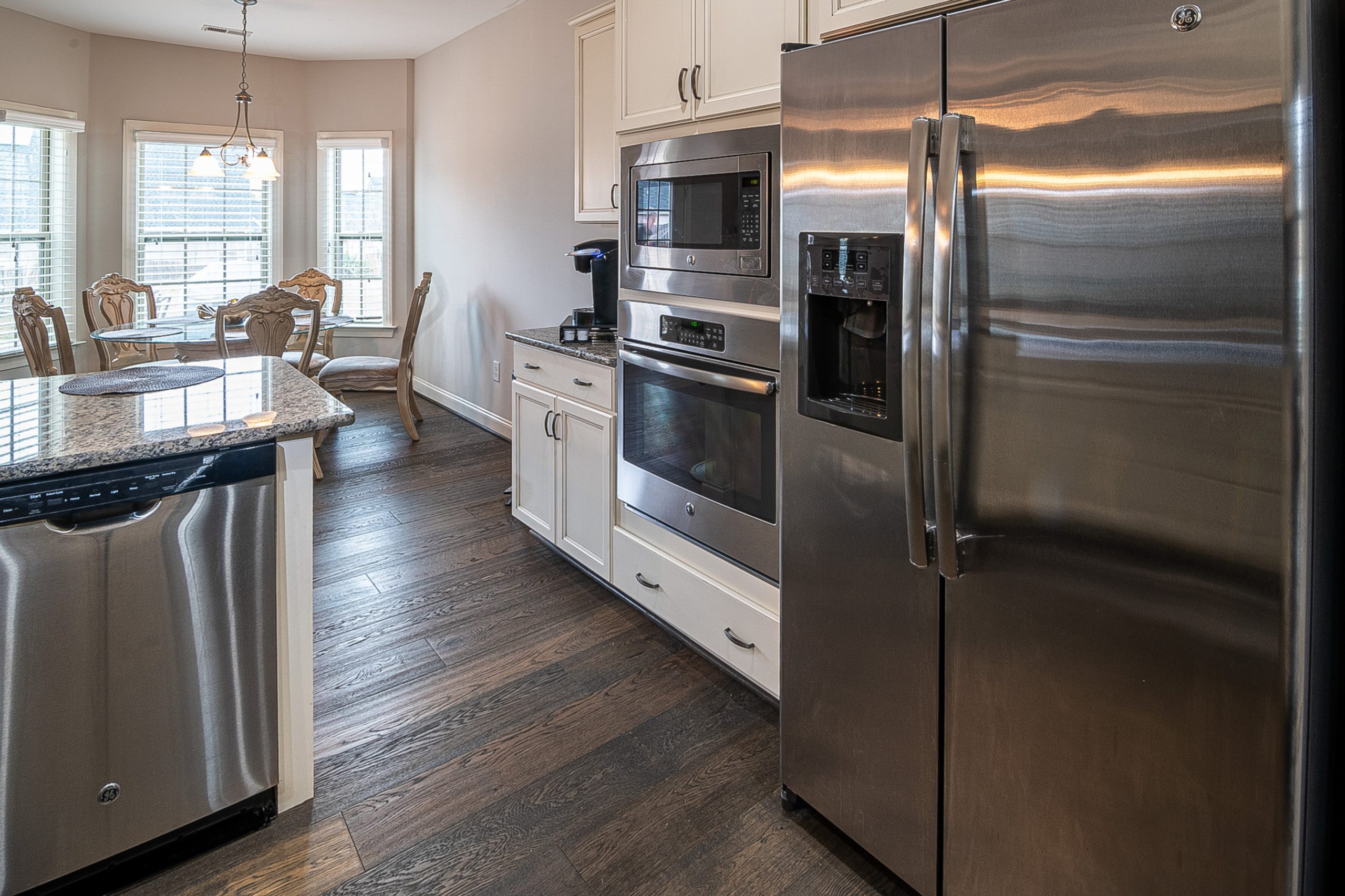
4. If I Live in the South, Do I Still Have To Worry?
Yes, although less common, Southern states have freezing temperatures extreme enough to affect appliances.
5. If I Go On Vacation During the Winter, Should I Turn Off My Heat?
No, the U.S. Department of Energy does not recommend turning your heat completely off. Instead, turn it down low enough to keep your house running efficiently, but not below 55 degrees Fahrenheit.
6. How To Protect Refrigerators
If you have a second refrigerator or deep freezer in your garage or basement that is connected to a water supply, and you’re facing temperatures below freezing, it’s best to disconnect or insulate the hoses attached to the water source to prevent damage.
If you need to keep these appliances connected, use a space heater near the water lines at the back of the appliance. Be sure you unplug the heater overnight or anytime you aren’t at home to reduce the risk of a fire.
7. How To Winterize Your Refrigerator
- Remove all food and beverages from the refrigerator.
- Turn off the circuit breakers and unplug the cord from the wall.
- Turn off the icemaker first, then turn off the water supply.
- Turn temperature control to off.
- Clean the inside of the refrigerator with a baking soda solution (1 tablespoon of baking soda per 1 quart of water). Do not use any cleaning products with bleach as it can cause cracking and discoloration to your appliance. Wipe dry when finished cleaning.
- Leave the doors of the refrigerator open to allow the interior to dry to prevent mold and mildew.
8. How To Protect Washing Machines
Perhaps the most vulnerable appliance to extreme cold weather is your washing machine, because of the constant use of water.
At the end of the wash cycle, you may find that excess water may freeze inside the hoses and pumps causing leakage when the weather becomes warmer.
To prevent this from happening, it is recommended that you wrap the hoses with pipe insulation and disconnect the water lines from the wall when the washer is not in use.
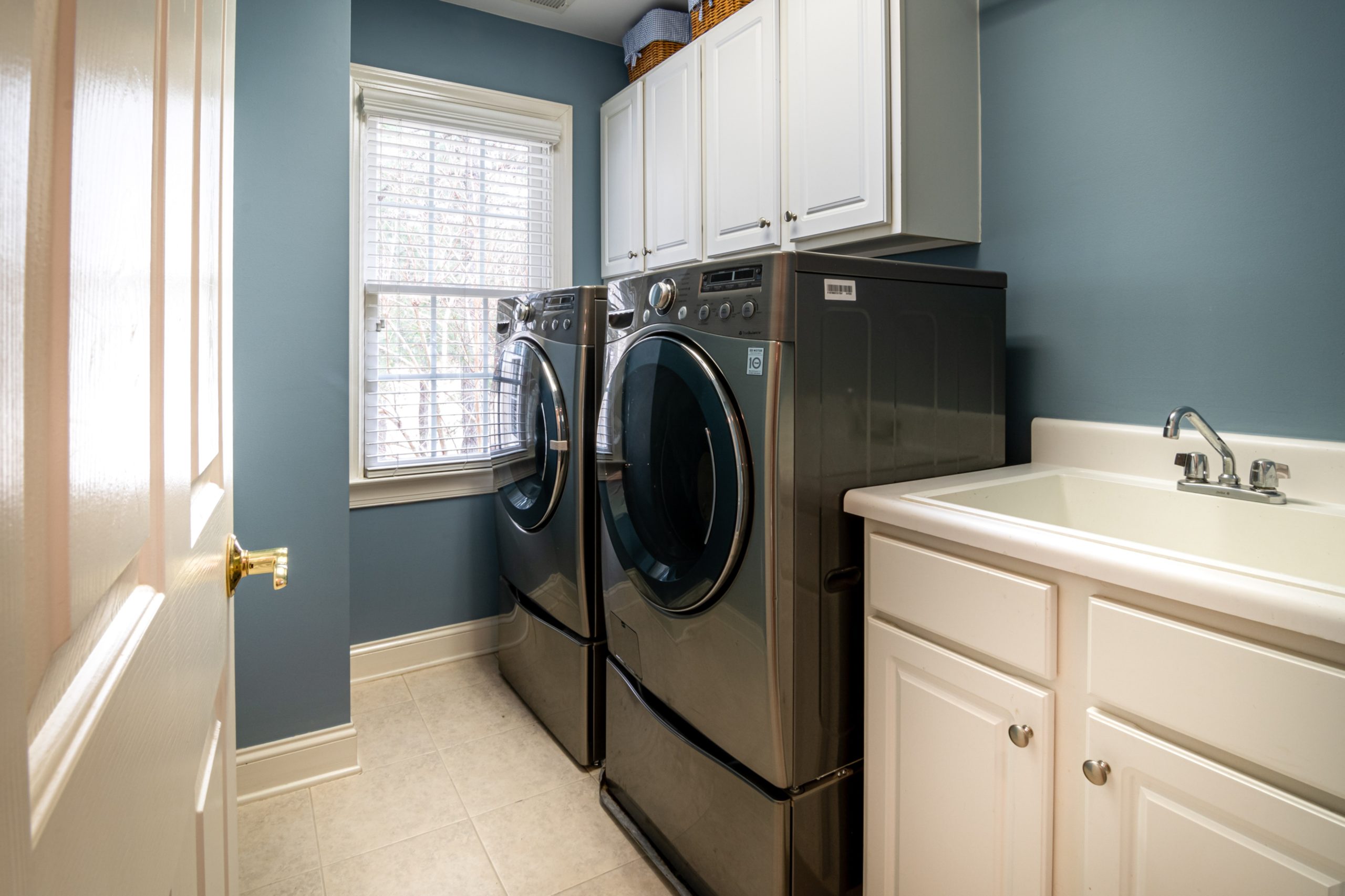
9. How To Winterize Your Washing Machine
- Turn off all water supply faucets.
- Disconnect all hoses from the water supply, and ensure the water is drained from the hoses.
- Remove the drain hose from the drain. Lay the hose on the floor in a shallow pan to allow the water to drain out of the hose.
- Tilt the washer towards the front about four to six inches to allow any remaining water in the pump to drain out of the hose. If you have a stacking washer and dryer, DO NOT attempt to tip forward as the appliance could fall.
10. Additional Tips To Keep Appliances Safe From The Cold
- Keep your garage door closed as much as possible to keep the heat inside.
- Keep foundation vents closed or covered.
- Cover basement windows with blankets to keep out drafts.
- Closely monitor your appliances for leaks, cracks and overall performance.
- Contact the manufacturer for additional tips and questions.
11. Here Are Several Household Items That May Be Affected By Cold Weather
- Washers and Dryers
- Refrigerators
- Ice makers
- Space heaters
- Dishwashers
- Waterbed Mattress
- Grandfather Clocks
- Electronic devices: TVs, computers, DVD players, gaming consoles, stereo systems, and other AV equipment.
At Daryl Flood, our local and long distance moving services include a specialized service provider that can assist you with disconnecting, packing, crating and installing your electronics and appliances.
They will ensure that your belongings are properly wrapped and secured for transportation. If you require these third-party installation services, your Daryl Flood move consultant will alert you of any delivery restrictions due to cold weather.
Please, plan accordingly.

